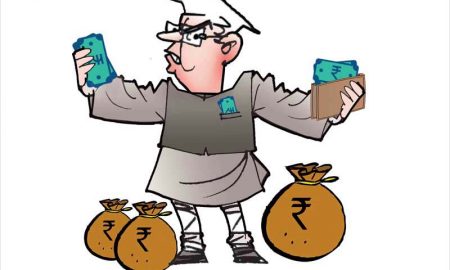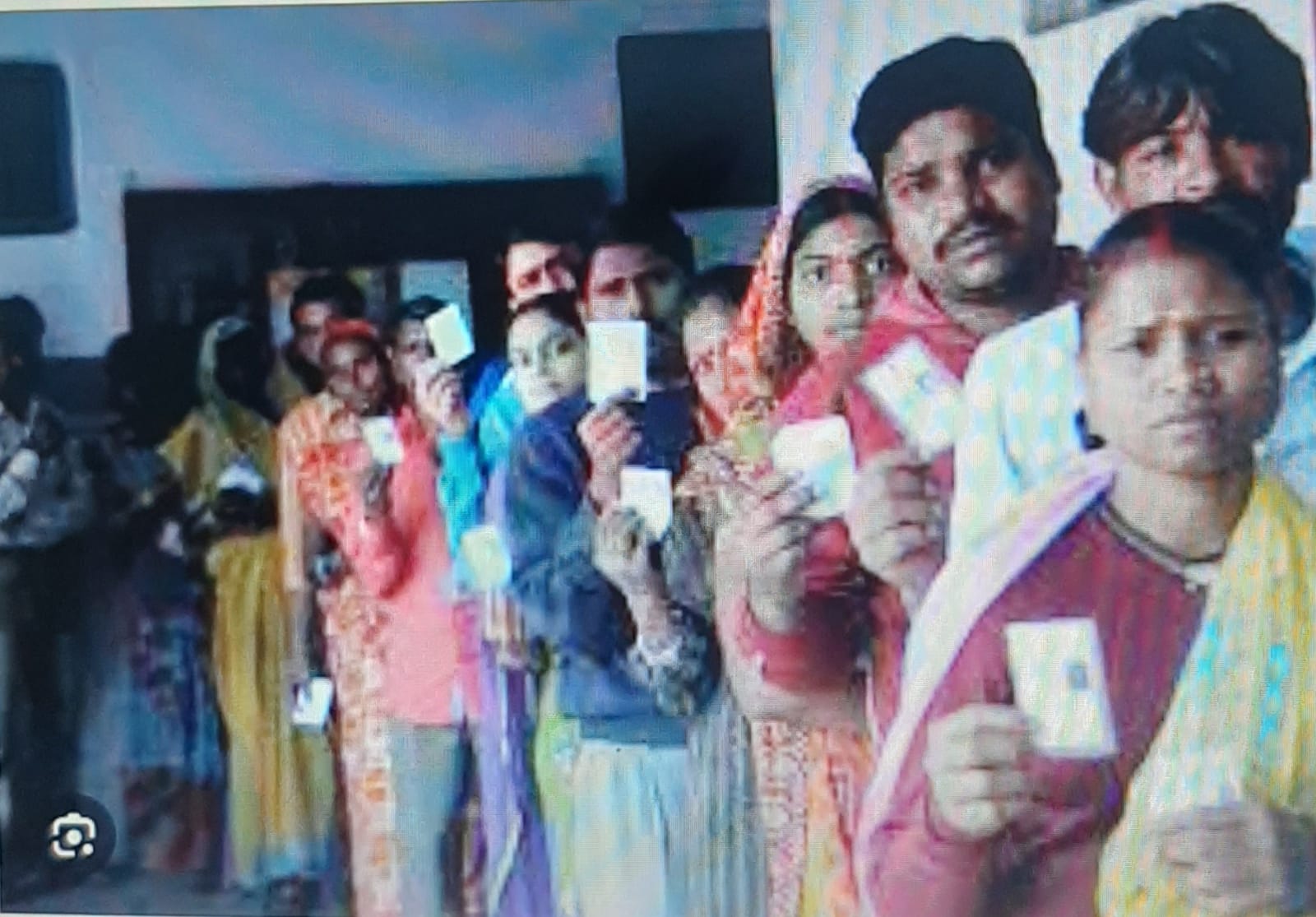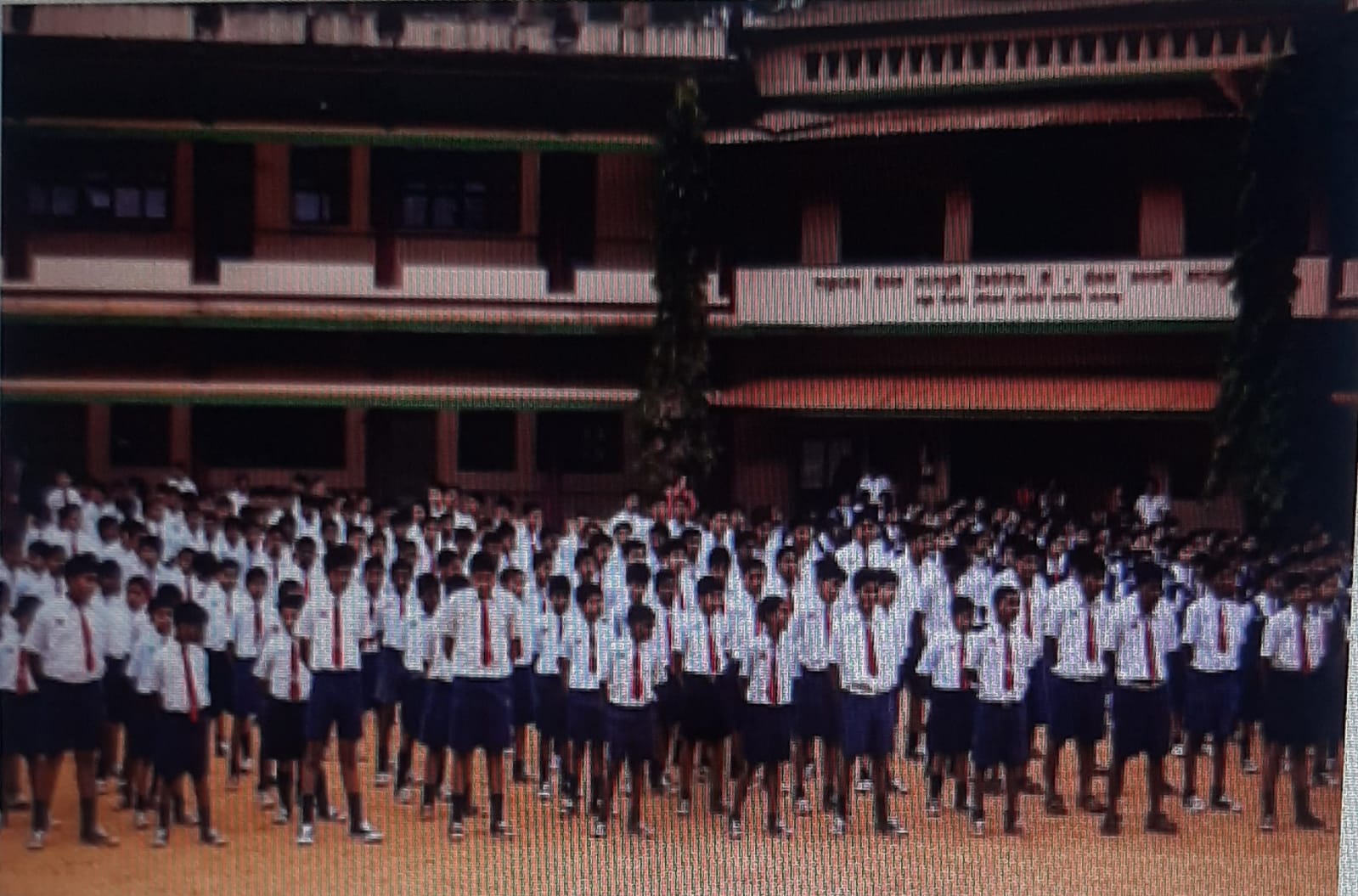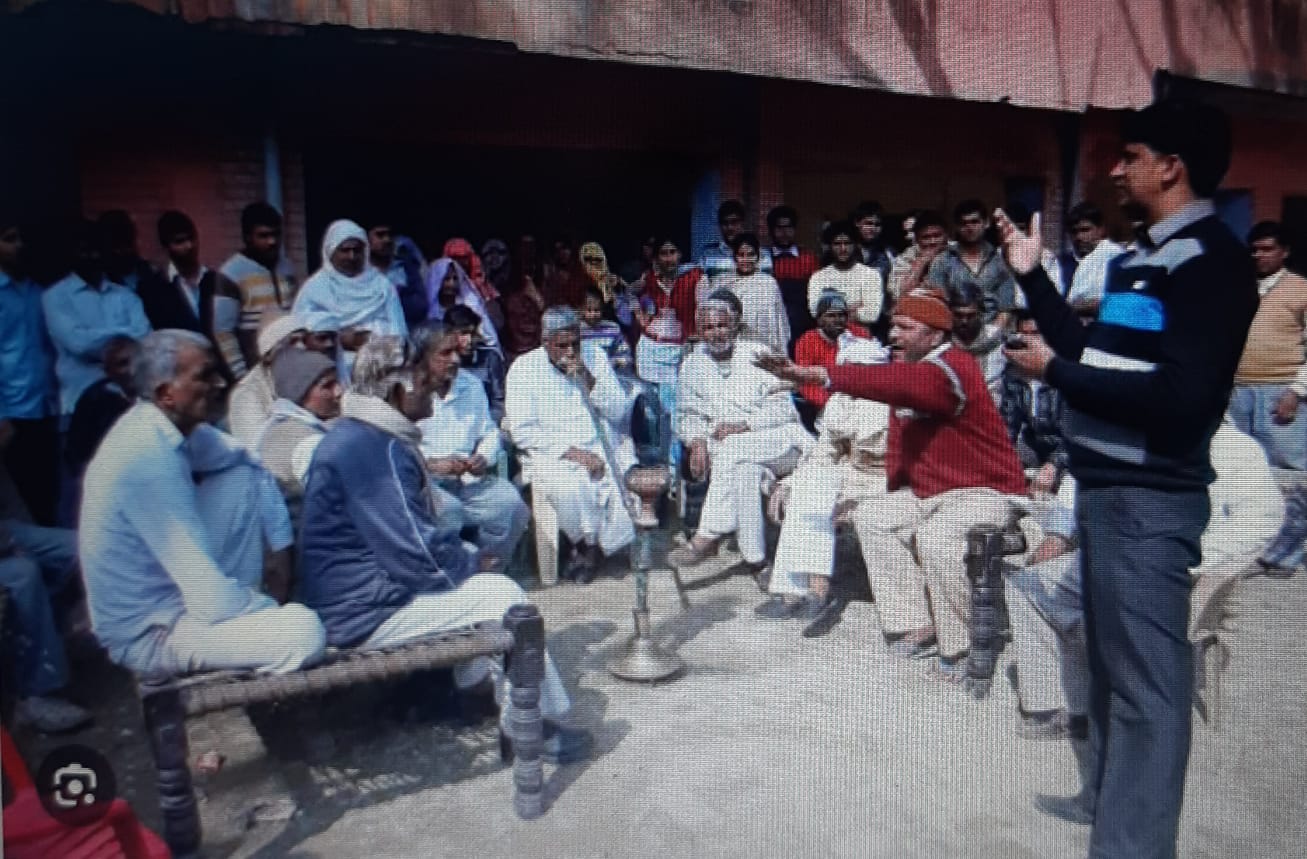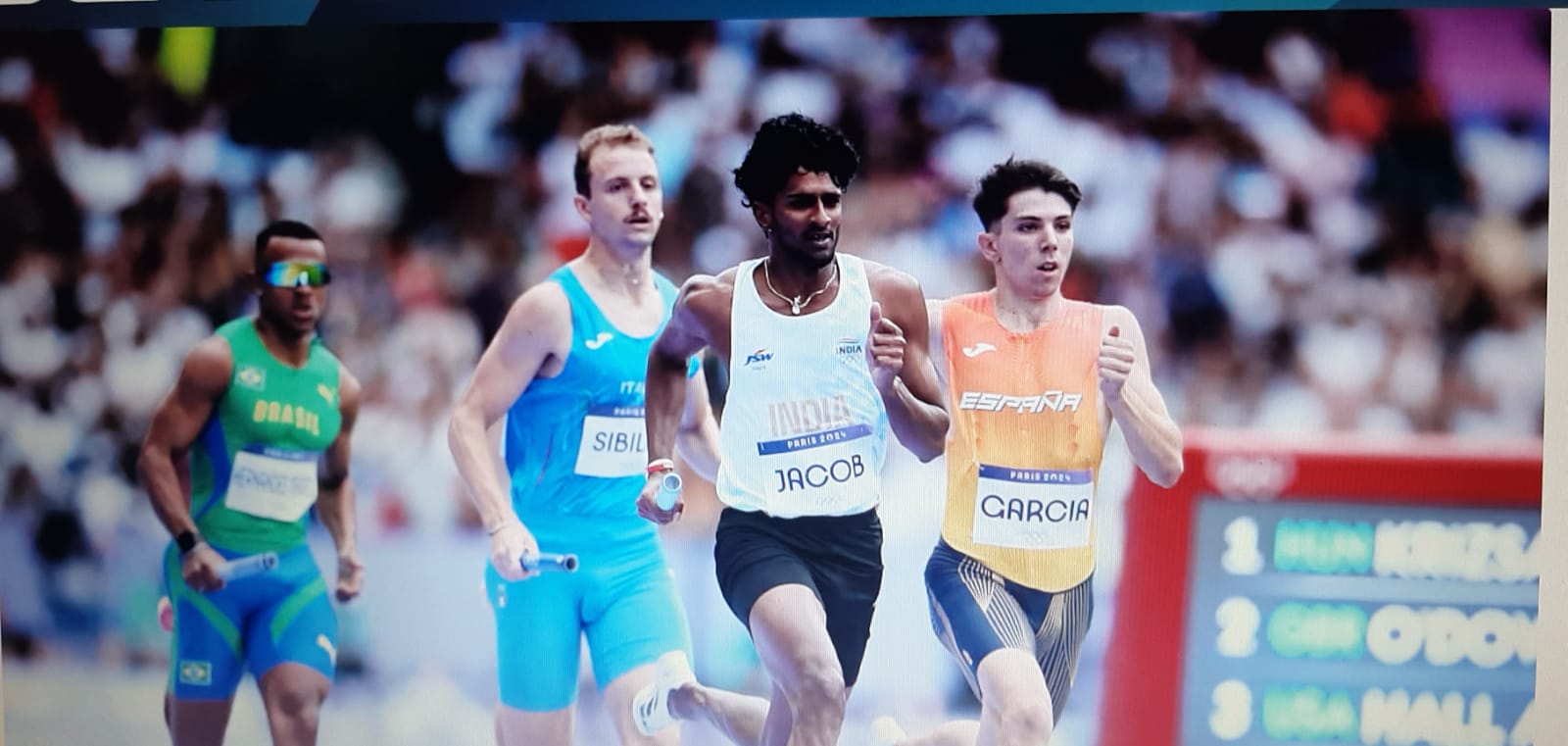
In 2024 Paris Olympics, India finds itself ranked 71st—a humiliating position for a nation of over 1.4 billion people. What is even more alarming is that we are trailing behind countries like Ukraine, which has been devastated by war, and nations like Tunisia, Botswana, and Pakistan. It’s important to recall that in the 1980 Moscow Olympics, India finished 23rd—a far cry from our current standing. The government’s attempt to frame our recent Olympic performance as a success, when compared to our post-independence struggles, is nothing short of a disservice to the nation, writes Dr. Kanishka Pandey
The first step toward solving any problem is recognizing that it exists. When a nation begins to celebrate mediocrity, it doesn’t just accept failure—it institutionalizes it. This is precisely where India finds itself today, particularly in the realm of sports. The recent Government of India post, boasting about the so-called improvements in our Olympic performance, is a glaring example of this unfortunate mindset. The government proudly compared the 20 medals won between 1952 and 2012 with the 15 medals secured from 2016 to 2024. However, this comparison is not only misleading but deeply troubling.
Let’s take a moment to contextualize these numbers. In 1952, India was a nation in its infancy—just five years removed from the shackles of over two centuries of brutal colonial rule. The country was grappling with economic devastation, the traumatic after effects of partition, and the burden of rebuilding a nation from the ground up. Additionally, India faced a series of wars in the subsequent years, further straining its resources. The fact that India managed to secure any Olympic medals during such a turbulent period is a testament to the indomitable spirit of its athletes, who competed despite overwhelming odds.
Fast forward to 2024, and India is no longer the struggling nation it once was. Today, we proudly claim to be the world’s fifth-largest economy, with aspirations of becoming a global superpower. We boast considerable military might, a vast reservoir of human talent, and the resources to invest in world-class sports infrastructure. Yet, despite all these advancements, India’s Olympic performance remains a cause for national concern.
As of the 2024 Paris Olympics, India finds itself ranked 71st—a humiliating position for a nation of over 1.4 billion people. What is even more alarming is that we are trailing behind countries like Ukraine, which has been devastated by war, and nations like Tunisia, Botswana, and Pakistan. It’s important to recall that in the 1980 Moscow Olympics, India finished 23rd—a far cry from our current standing. The government’s attempt to frame our recent Olympic performance as a success, when compared to our post-independence struggles, is nothing short of a disservice to the nation.
The reality is that winning Olympic medals is no easy feat, and our athletes deserve every ounce of recognition and praise for their dedication and hard work. However, this does not absolve the government from its responsibility to the nation. The Sports Authority of India (SAI), the Target Olympic Podium Scheme (TOPS), Khelo India, and the Indian Olympic Association (IOA) are all institutions designed to nurture and develop our sports talent. When these organizations fail to deliver, it is not just the athletes who suffer—it is the entire nation.
The time has come to hold these bodies accountable. The bureaucrats and administrators who have entrenched themselves in these positions of power for years must be scrutinized. They should be held responsible for the poor performance of our athletes on the world stage. It is unacceptable for these officials to remain in their posts, shielded from accountability, while our nation’s athletes bear the brunt of their failures.

Moreover, as a nation, we must learn from our past but not be shackled by it. The government’s tendency to dwell on the past while ignoring current challenges will only lead to further decline. If we continue to look backward, we will lose sight of the future and the potential it holds. Our focus must be on improving the present and securing a better future for our athletes and our country.
It is high time that we demand better. Mediocrity should never be our benchmark. We must stop glorifying subpar performances and instead strive for excellence. The government, the sports authorities, and the administrators must all rise to the occasion. India deserves to be a sporting powerhouse, and it is up to those in power to make that vision a reality. Our athletes have shown that they have the talent and the determination to succeed. Now, it is the turn of the government and the sports authorities to provide them with the support they need to reach the pinnacle of global sports.
India’s Olympic journey is far from over, but the path forward requires a clear-eyed assessment of where we stand today. It requires us to stop celebrating mediocrity and start demanding excellence—from our athletes, from our sports bodies, and from ourselves as a nation. The future of Indian sports depends on it.
(These are writer’s personal views)
(The writer, Dr. Kanishka Pandey, is Head- Centre for Sports Research Institute of Management Technology Ghaziabad)



